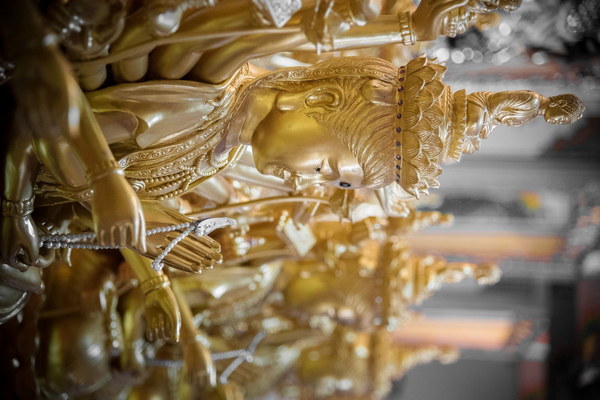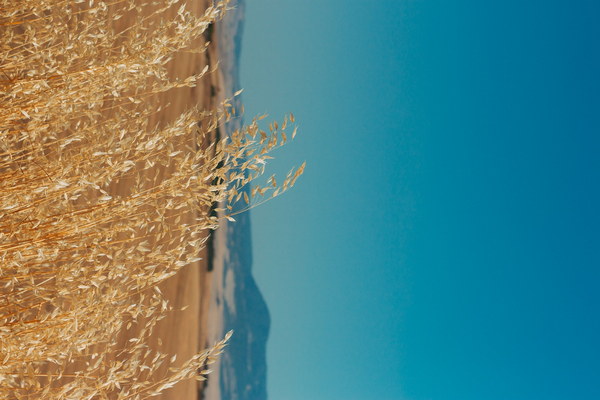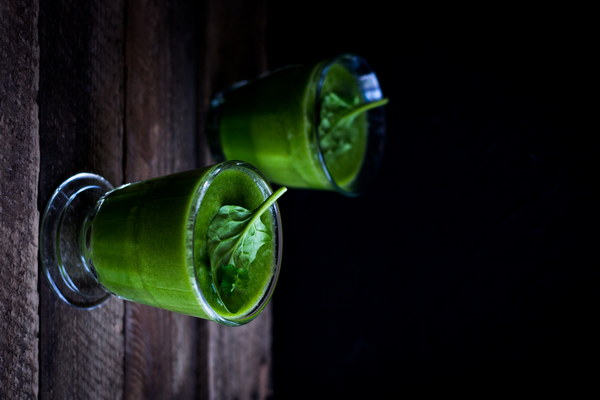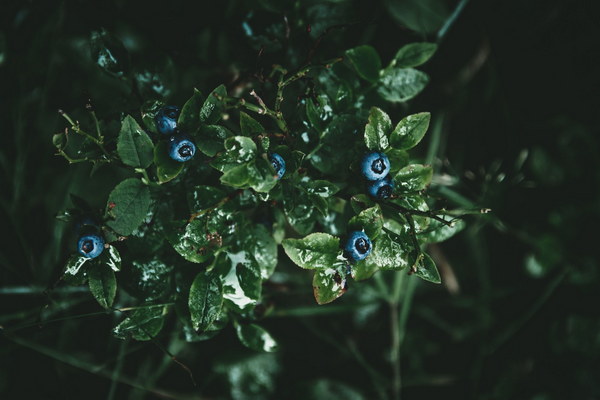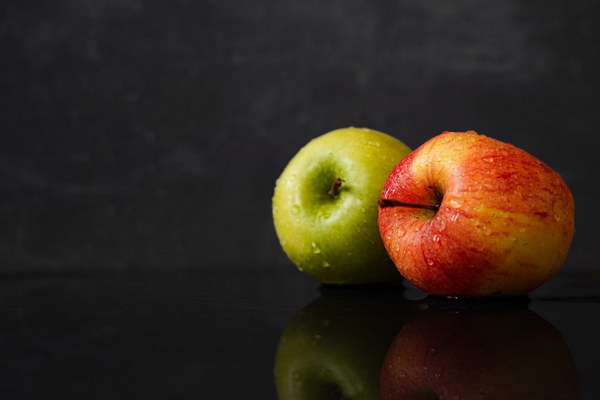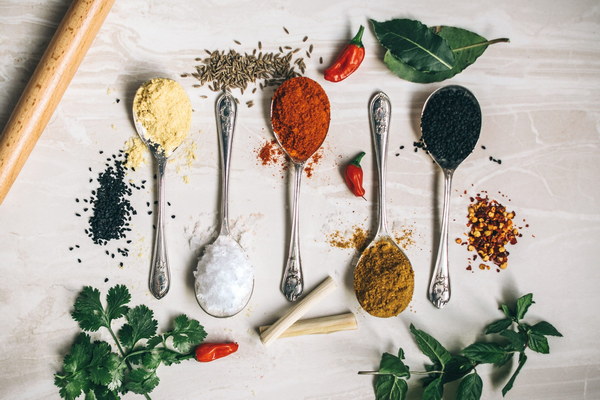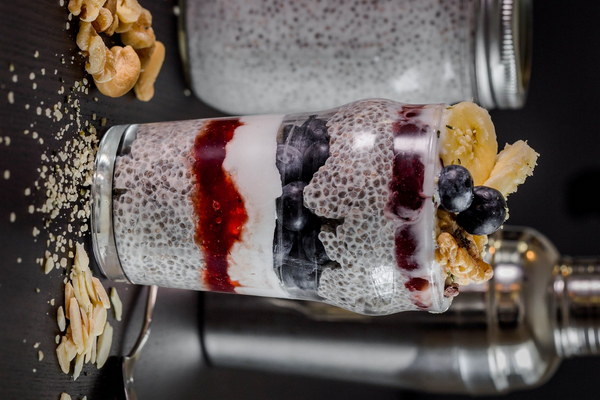Nurturing Your Lungs and Yin Exploring Herbs for Lung-Clearing and Yin-Nourishing
In the realm of traditional Chinese medicine, the concept of balancing the body's internal harmony is paramount. One such approach involves the use of herbs known for their lung-clearing and yin-nourishing properties. These natural remedies are believed to support respiratory health, enhance energy, and maintain overall well-being. Let's delve into some of the key herbs that are commonly used for their lung-clearing and yin-nourishing effects.
1. Radix Scutellariae (Baical Skullcap)
Radix Scutellariae, or Baical Skullcap, is a well-known herb in Chinese medicine for its cooling properties. It is often used to clear heat from the lungs and alleviate symptoms such as cough, sore throat, and fever. The herb is believed to nourish the yin and protect the lung tissue, thereby reducing dryness and irritation.
How it Works:
- Anti-inflammatory: Baical Skullcap contains flavonoids that have anti-inflammatory effects, which can help reduce inflammation in the respiratory tract.
- Antioxidant: The herb's antioxidants can help protect lung cells from damage caused by free radicals.
- Antiviral: It has been studied for its potential antiviral properties, which may be beneficial for respiratory infections.
2. Fructus Forsythiae (Forsythia Fruit)
Fructus Forsythiae, or Forsythia Fruit, is another popular herb used to clear heat and dryness from the lungs. It is often combined with other yin-nourishing herbs to support respiratory health during seasonal changes or when dealing with dry coughs and sore throats.
How it Works:
- Expectorant: Forsythia Fruit helps to loosen mucus and ease respiratory congestion.
- Antiviral: Similar to Baical Skullcap, Forsythia Fruit has antiviral properties that may aid in fighting off respiratory infections.
- Antioxidant: The herb's antioxidants can help combat oxidative stress in the body.

3. Ophiopogon japonicus (Lilyturf Root)
Ophiopogon japonicus, or Lilyturf Root, is highly valued for its ability to nourish the lung yin and cool the body. It is often used to treat chronic respiratory conditions, such as dry coughs, night sweats, and general weakness.
How it Works:
- Lung yin nourishing: Lilyturf Root is believed to replenish the lung's yin, which can help alleviate symptoms of dryness.
- Antipyretic: The herb has cooling properties that can reduce fever.
- Immune support: Lilyturf Root may help boost the immune system, aiding in the body's defense against respiratory infections.
4. Phellodendri Amurense (Amur Corktree)
Phellodendri Amurense, or Amur Corktree, is used to clear heat and dampness from the lungs, which can lead to respiratory problems. It is also known for its liver-cleansing properties, which can support overall lung health.
How it Works:
- Liver detoxification: By helping to purify the liver, Amur Corktree may indirectly support lung health.
- Antiviral: The herb has antiviral properties that can help combat respiratory infections.
- Anti-inflammatory: Amur Corktree can help reduce inflammation in the respiratory tract.
5. Schisandra Chinensis (Chinese Magnolia Vine)
Schisandra Chinensis, or Chinese Magnolia Vine, is an adaptogenic herb that is believed to nourish both the lung and kidney yin. It is often used to support overall energy and vitality, as well as respiratory health.
How it Works:
- Lung yin nourishing: Schisandra helps to replenish the lung's yin, which can alleviate symptoms of dryness.
- Kidney yin nourishing: The herb also supports kidney health, which is closely linked to lung function.
- Antioxidant: Schisandra contains antioxidants that can protect the body against oxidative stress.
In conclusion, the use of lung-clearing and yin-nourishing herbs in traditional Chinese medicine is a holistic approach to respiratory health. These natural remedies can provide relief from a variety of respiratory symptoms and support the body's natural defense mechanisms. However, it is important to consult with a qualified healthcare provider before starting any new herbal treatment, as individual health conditions and contraindications may vary.

